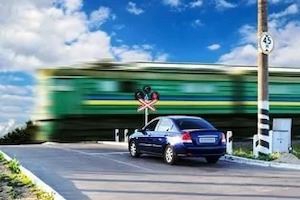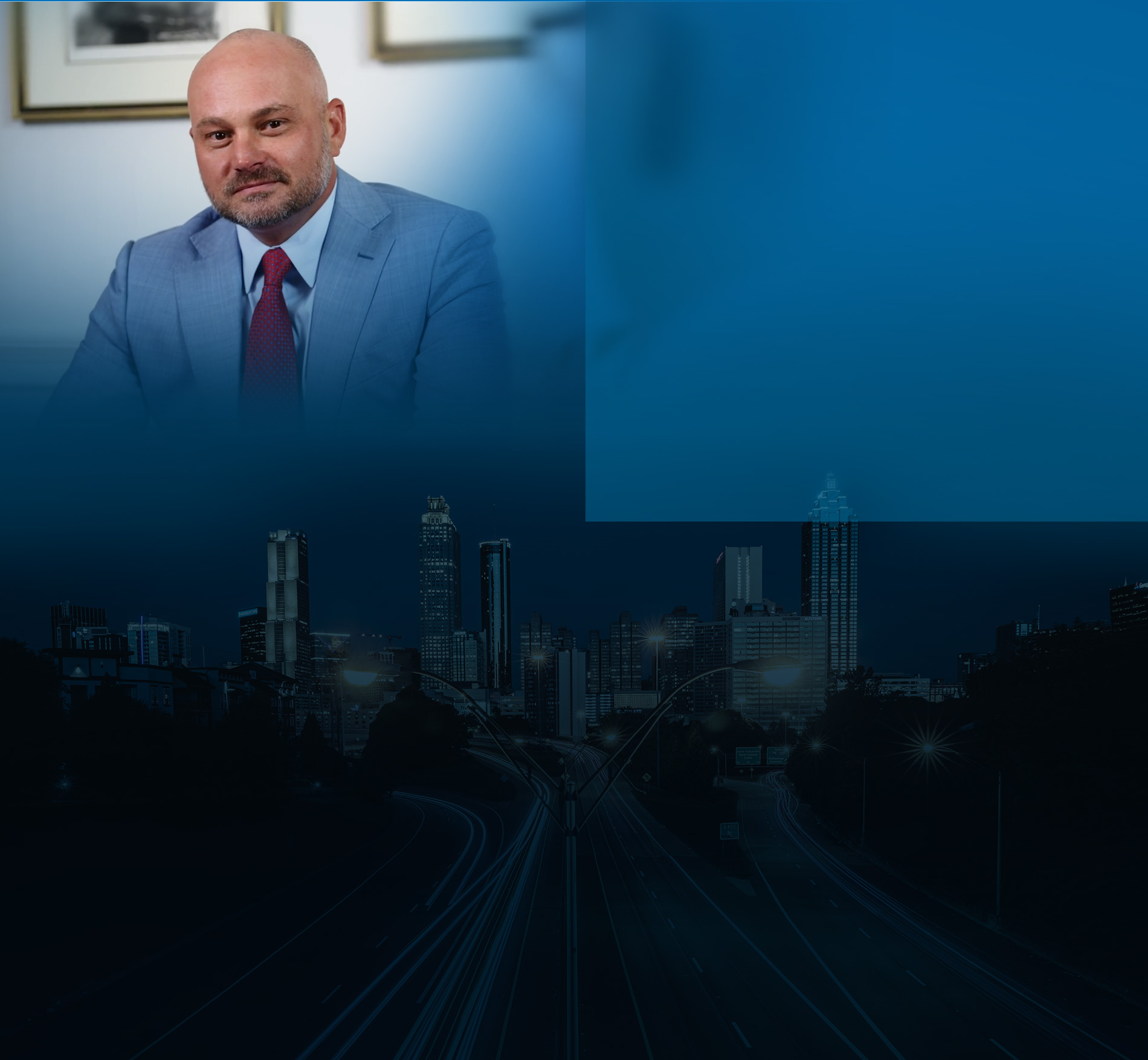Collisions between cars and trains can be catastrophic and even deadly. Unfortunately, these accidents are far from uncommon—both in Georgia and across the country. Thousands of car and train collisions are reported each year, and 96 percent of these devastating crashes occur at highway-rail grade crossings.
Our state boasts over 5,000 public rail crossings, more than half of which lack an essential safety feature: the protective, drop-down bar to stop traffic. In 2018, Georgia ranked fourth in the nation for railroad crossing crashes. The state recorded 113 car and train collisions resulting in 38 injuries and 11 deaths that year alone.
If you were injured or lost a loved one in a car and train collision caused by another person or company’s negligence, you may be entitled to compensation. Here’s what you need to know.
Common Causes of Railroad Crossing Car Accidents
Though railroad crossing car accidents can happen at any highway-rail grade crossing, in Georgia, many occur in remote, lightly-traveled locations with ungated crossings. Some of the most common causes of railroad crossing crashes involving cars include:
- Driver, conductor, or engineer error
- A train or car traveling at excessive speeds
- Missing or defective signals or gates
- Train operators who fail to sound horns or use lights when approaching crossings
- Fatigued drivers or train operators
- Failure to maintain the tracks or train
- Parking too close to a train crossing
- Objects protruding from the train
- Inclement weather conditions
An experienced attorney can review the details of your case to determine the appropriate party to name as the defendant in your personal injury lawsuit.
Injuries Associated With Car and Train Collisions
Trains greatly outmatch cars in both size and speed. The force of a train hitting a car is the equivalent to a car crushing an aluminum can. As a result, when cars and trains collide, it’s often the occupants of passenger vehicles who bear the brunt of the injuries. Train crashes can be fatal and victims who were fortunate enough to survive may face significant injuries, such as:
- Severe fractures
- Spinal cord injuries
- Concussions or traumatic brain injuries
- Permanent disabilities, such as varying degrees of paralysis
- Scarring or disfigurement
- Psychological trauma
These injuries require extensive and expensive ongoing treatment.
What You Can Recover in a Train and Car Crash Case
Georgia’s personal injury laws allow victims who were hurt in accidents caused by someone else’s negligence to pursue a financial recovery for a wide range of economic and non-economic damages.
Commonly-awarded economic damages include compensation for medical expenses, property damages, lost wages, and loss of earning potential, among other considerations. Non-economic damages seek to compensate victims for subjective losses, such as pain and suffering, mental and emotional anguish, and scarring or disfigurement.
How to Protect Your Right to Recovery
If you were hurt in a car and train collision and hope to collect compensation for damages, protecting your right to recovery is essential. Here’s what you can do:
- Don’t apologize for the accident.
- Seek immediate medical attention.
- Attend follow-up visits and follow the doctor’s treatment plan.
- Make sure your injuries are comprehensively documented in your medical records.
- Carefully document all accident-related damages and losses.
- Refuse to provide the other party’s insurer with a recorded statement or release of medical records.
- Decline to accept early settlement offers without first consulting an attorney.
Consult an Experienced Georgia Car and Train Wreck Attorney
At Van Sant Law, our knowledgeable attorneys have helped numerous accident victims secure the necessary injury compensation to move forward with their lives. We’d love to show you what we can do for you and your case.
If you’re struggling with serious injuries, unplanned absences from work, and mounting medical and household debt due to a personal injury accident, we can help. Contact us today to schedule an appointment for a free initial consultation to discuss the details of your case with a skilled member of our legal team.





